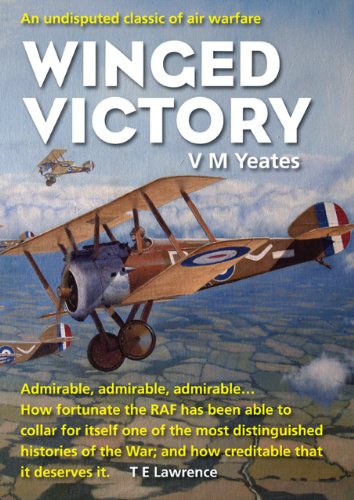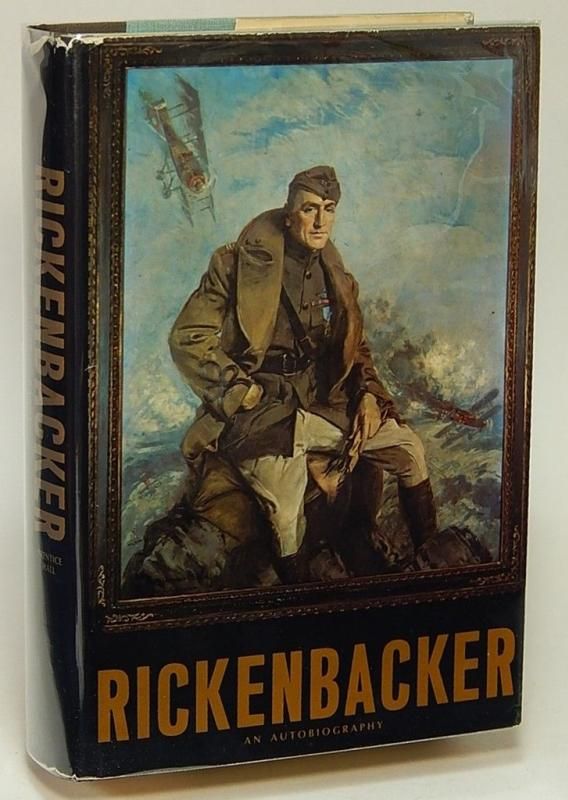Book Recommendations
I thought it might be worthwhile for members to post books which they have enjoyed and have found useful.
My biggest interest in WWI aviation are RFC/RAF and AFC scout squadrons on the Western Front from 1917 to 1918 so the books I'll cover in this and subsequent posts are all concerned with these subjects. Hopefully some members can add some titles regarding the Luftstreitkräfte, RNAS, USAS, etc.
So first book off the rank and a very, very special one at that...
"High in the Empty Blue" - Alex Revell

Without doubt not only one of my favourite books of WWI but one of my favourite books full stop. This labour of love by Mr Revell is the history of 56 Sqn RFC/RAF (home of aces such as McCudden, Rhys Davids, Bowman, Ball, etc, etc) and which took over 30 years of research. It is a staggering achievement drawing upon interviews, diaries, logbooks, the squadron's War Diary and contains an enormous amount of photographs, appendices, colour aircraft profiles and a text which reads nothing like a dusty history text. In my mind it is not only the best squadron history book of WWI but of any conflict I have seen. It should be a template of how to write one.
I simply cannot recommend this book more highly - it's a masterpiece.
I thought it might be worthwhile for members to post books which they have enjoyed and have found useful.
My biggest interest in WWI aviation are RFC/RAF and AFC scout squadrons on the Western Front from 1917 to 1918 so the books I'll cover in this and subsequent posts are all concerned with these subjects. Hopefully some members can add some titles regarding the Luftstreitkräfte, RNAS, USAS, etc.
So first book off the rank and a very, very special one at that...
"High in the Empty Blue" - Alex Revell

Without doubt not only one of my favourite books of WWI but one of my favourite books full stop. This labour of love by Mr Revell is the history of 56 Sqn RFC/RAF (home of aces such as McCudden, Rhys Davids, Bowman, Ball, etc, etc) and which took over 30 years of research. It is a staggering achievement drawing upon interviews, diaries, logbooks, the squadron's War Diary and contains an enormous amount of photographs, appendices, colour aircraft profiles and a text which reads nothing like a dusty history text. In my mind it is not only the best squadron history book of WWI but of any conflict I have seen. It should be a template of how to write one.
I simply cannot recommend this book more highly - it's a masterpiece.








